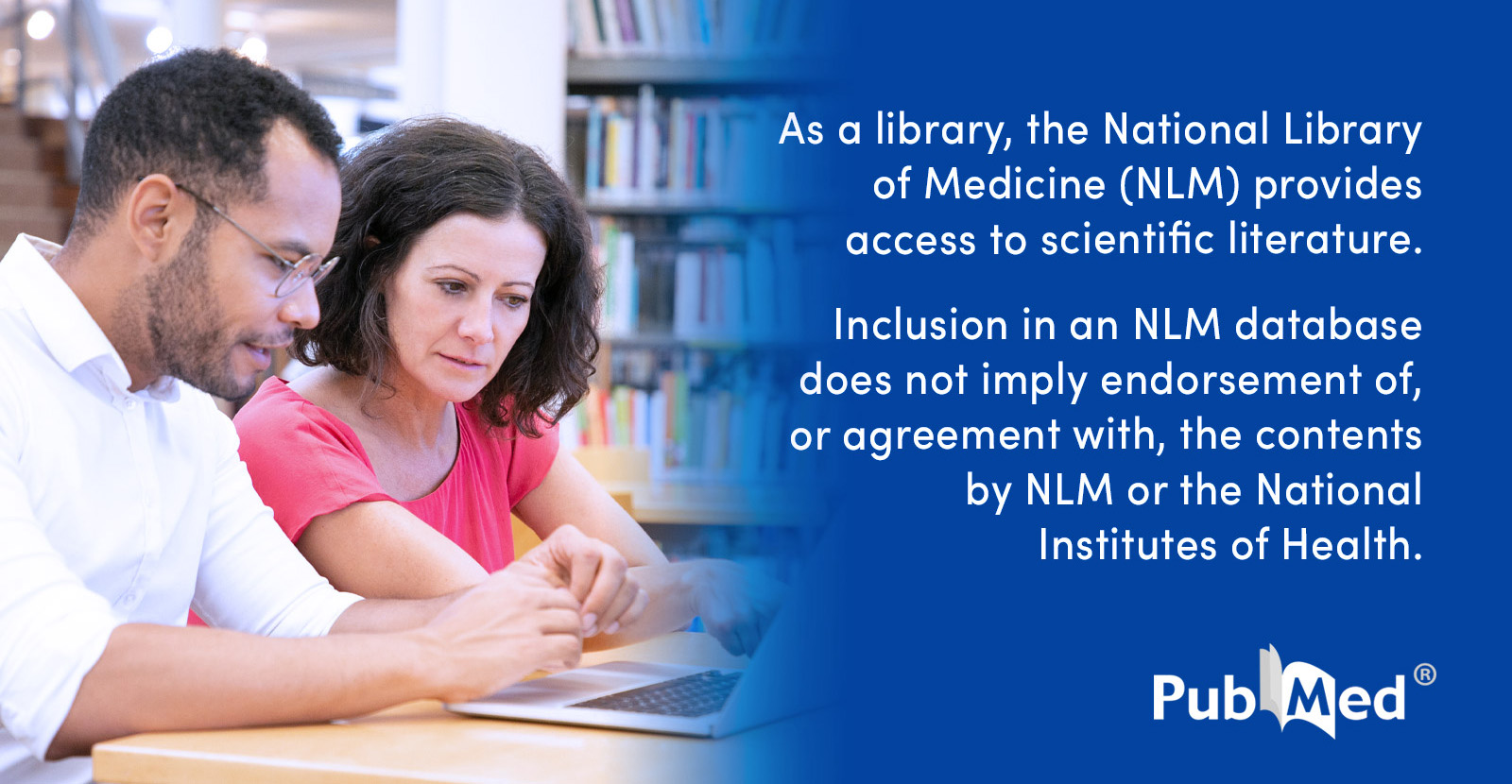Contributing to this thread due to recent information discovered about lithium orotate. I actually began taking low dose lithium after reading this article on Sott:
As far as cosmologists can tell, there were only three elements present when the universe was first formed some 13.8 billion years ago: hydrogen, helium, and lithium. As one of the three original elements, lithium is found throughout our...

www.sott.net
Interestingly enough, because I couldn't at first remember where this article was, I discovered new info that indicates a better form of lithium, lithium orotate. That Sott article mostly advocated low dose lithium and only mentioned lithium orotate once. Here's where I got the newer information with a youtube vid about Dr. Mark Millar, The Lithium Doctor:
Post traumatic stress disorder and depression are just a couple of the psychological diseases in our country with incidence rates that are increasing. We hear warnings about the dangerous side effects of the drugs used to treat these illnesses, but we don't hear of any changes being made by...

livingwealthyradio.com
I viewed the youtube vid and learned of Dr. Millar's very interesting back story. The fact that our soil is very depleted of lithium corresponds with the rise of suicide and depression in this country. The addition of orotate makes the lithium bioavailable in a way regular psychiatric prescribed lithium carbonate isn't and the difference takes something very toxic to harmless and beneficial. Even small children can safely take this natural supplement with parents ecstatic at the results. It truly sounds like the answer to the huge mental health crisis plaguing modern society. It's pointed out that alcohol and marijuana are often used to self-medicate for the lack of lithium in the body with the resulting detrimental effects upon the individual, family, and social interactions. Anxiety and migraines are among the conditions this supplement can successfully treat in addition to PTSD, bi-polar, depression, suicide ideation, alzheimers, and alcoholism while increasing cognitive enhancement and mood regulation. All this with really no downside as long as dose levels are appropriate. Plus, it's inexpensive. A win-win all around.
Dr. Millar has authored the
book,
The Natural Mental Health Breakthrough: Achieve Mental and Physical Well-Being with Lithium Orotate. In it, the following is noted:
Published studies have shown that Lithium Orotate can benefit over 150 diseases, conditions, or symptoms. Here is just a short list.
1. ADD & ADHD
2. Alcoholism & drug addictions
3. Alzheimer’s
4. Anorexia Nervosa
5. Bulimia Nervosa
6. Antisocial behavior
7. Anxiety disorders (all types)
8. Autism
9. Asperger's
10. Bipolar disorder
11. Borderline Personality disorder
12. Bruxism
13. Concussion/Closed head injuries
14. Depression (all types)
15. Drug addiction & withdrawal
16. Epilepsy
17. Fibromyalgia
18. Headaches (all types)
19. Hyperthyroidism
20. Insomnia
21. Irritability
22. Lyme disease
23. Nightmares
24. Obsessive Compulsive disorder
25. Panic disorder
26. Parkinson’s disease
27. Pathological gambling
28. Post-Traumatic Stress disorder
29. Restless Leg syndrome
30. Schizoaffective disorder
31. Schizophrenia
32. Sleep disorders
33. Social Anxiety/Phobia
34. Stroke recovery
35. Tourette’s syndrome
36. Ulcers
37. Violent behavior
Here is additional info on the subject:
Source: Lithium Orotate Benefits for Your Brain and Beyond by Dr. Edward Group In the early 1900s, people flocked to Lithia Springs in Georgia, a hot spring known for its lithium-enriched water. Ha…

dreddymd.com
Lithium orotate in the treatment of alcoholism and related conditions.
NCBI - WWW Error Blocked Diagnostic
Lithium occurs naturally in some waters with positive effects on the local population. Contrast that with our government fluoridated water practically nationwide along with our lithium depleted soils. A boon for the pharmaceutical industry to the max.
pmc.ncbi.nlm.nih.gov

en.wikipedia.org








